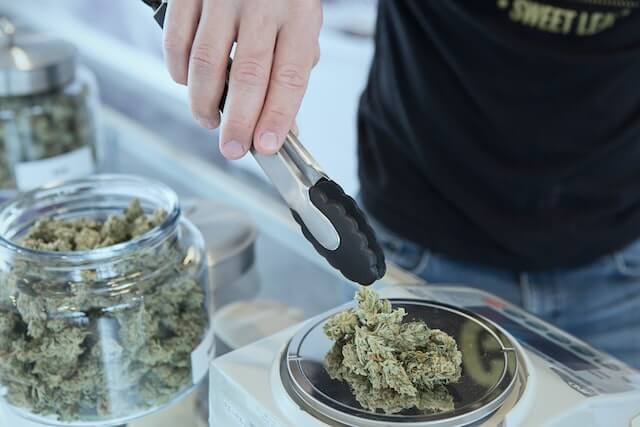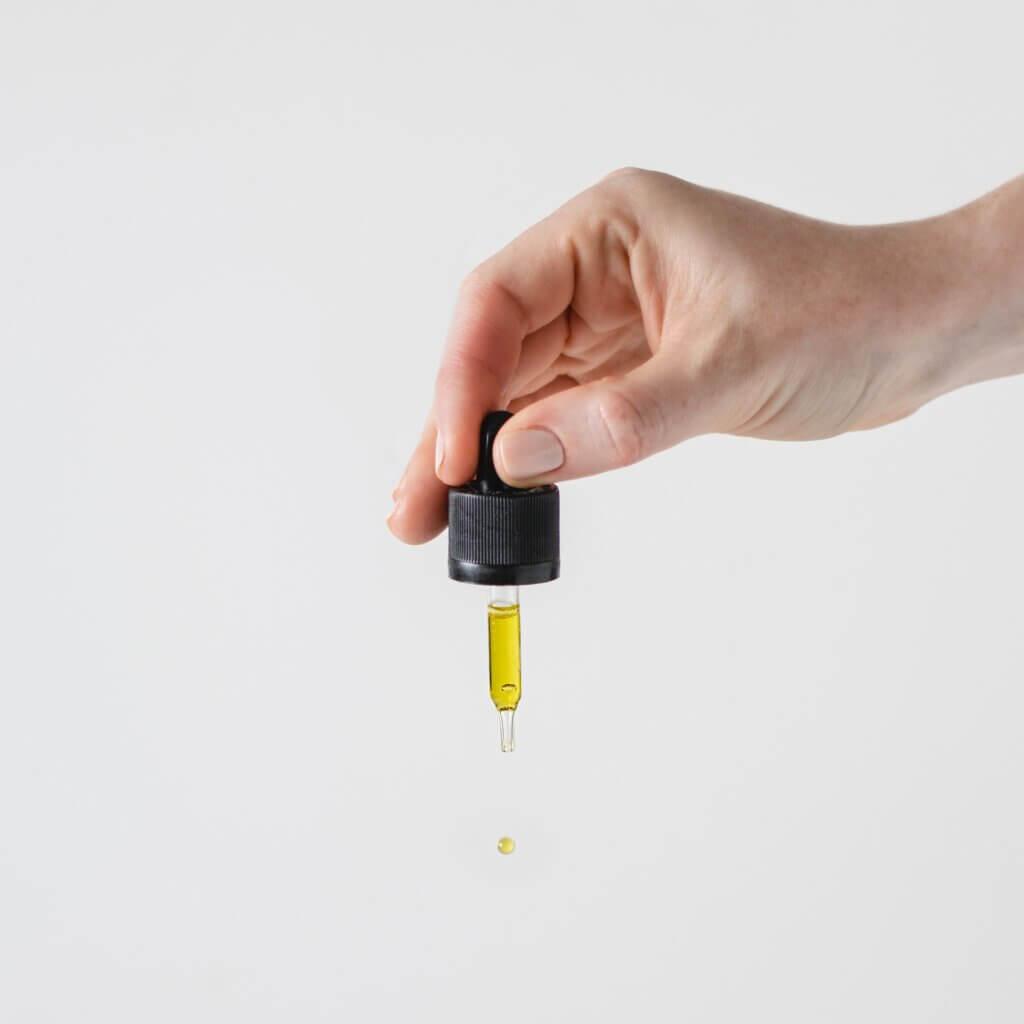Cannabis Reform in Grenada: Q&A with Prime Minister Dickon Mitchell

Grenada is on the verge of a significant shift in its approach to cannabis, as outlined by Prime Minister Dickon Mitchell in a recent discussion on his “DMs with PM” focusing on Grenada Cannabis Reform. The administration is moving forward with reforms that promise to reshape how cannabis is regulated, from personal use to industrial development, while also addressing past convictions. This progressive stance signals a modern outlook, aiming for both social equity and economic opportunity.
Decriminalization and Personal Use: A New Era in Grenada Cannabis Reform
The conversation, sparked by a timely question from Kimron George, a self-employed farmer from St. David, focused on the future of cannabis in Grenada. Kimron’s question highlighted the previous Prime Minister’s view on cannabis-related charges as “a waste of time and resources.” Prime Minister Mitchell affirmed his administration’s similar stance, stating that one of the most anticipated changes is the decriminalization of cannabis for personal use.
“The intent is to decriminalize cannabis use in small quantities,” Prime Minister Mitchell clarified, “and to also permit the growing of small numbers of cannabis plants to facilitate use for personal purposes in small quantities.” While the exact amounts are still being finalized, this move marks a departure from previous punitive measures. As the Prime Minister put it, “We certainly don’t want our police officers spending their time chasing someone for a marijuana spliff. We think there are certainly better ways in which the police resources can be utilized.” This signals a clear intent to reallocate law enforcement efforts to more pressing issues.
Building a Multi-Faceted Cannabis Industry
Beyond personal use, Grenada is setting its sights on a broader vision: establishing a robust medical, industrial, and commercial cannabis sector. “We intend to establish a medicinal, industrial, and commercial as well as religious and sacramental use of marijuana,” the Prime Minister stated. This includes exploring opportunities for cultivation, processing, and distribution, opening doors for new businesses and job creation.
Crucially, the reforms also acknowledge the significant cultural and religious role of cannabis for some communities. “Certainly starting with the Rastafarian community, who we know uses it as part of their religious practices,” the Prime Minister confirmed, highlighting the inclusive nature of the proposed reforms. From an industrial and commercial perspective, he added, “We are seeking to enact legislation that will actually permit, by the licensing and permitting process, the growth and development of a medicinal marijuana industry.”
Amnesty and Expungement: Addressing the Past
In a move towards restorative justice, the administration is actively considering an amnesty or the expungement of records for individuals previously convicted of marijuana possession. This initiative aims to clear the path for those who have faced legal consequences for actions that will soon be decriminalized, offering them a chance for a fresh start. Prime Minister Mitchell specified this would apply to convictions “up to whatever is the amount that we agree upon would be permissible for small personal use.”
Navigating the Path Forward: Legislation and International Agreements
The legislative process is well underway. Prime Minister Mitchell revealed that his cabinet already spent “most of Monday” (this past Monday, June 23rd, 2025), “in cabinet actually discussing the legislative and policy reform.” A first draft of the necessary laws has been received from the legal drafters. With this significant groundwork already laid, the government hopes to have the draft bill settled and presented in Parliament “as early as July,” demonstrating a clear commitment to timely implementation.
Prime Minister Mitchell also acknowledged the complexities of cannabis reform, particularly in light of international agreements. “This is not a straightforward and simple matter because Grenada, like most of the world, is a signatory to certain treaty conventions addressing the use of narcotics,” he explained, emphasizing that “we have to comply with our international obligation in relation to those issues as well.”
Responsible Cannabis Reform: Keeping Safety in Mind
While embracing a more liberal approach, the Prime Minister stressed that the reforms will come with clear boundaries. “This would only be permissible, most likely to persons 21 and over,” he clarified. Furthermore, he stated, “there are still going to be significant restrictions on, likely, no smoking of marijuana in public. Absolutely no smoking around educational or school institutions, etc. So there will still be a number of restrictions that we intend to put in place.” These measures underscore the government’s commitment to responsible implementation, balancing individual freedoms with public safety and well-being.
What This Means for Grenada
Grenada Cannabis Reform is more than just a policy change; it’s a step towards reallocating law enforcement resources more effectively, fostering economic growth, and promoting social justice. As the legislation progresses, the island nation is poised to become a leader in the region, demonstrating a thoughtful and forward-thinking approach to cannabis.






Responses